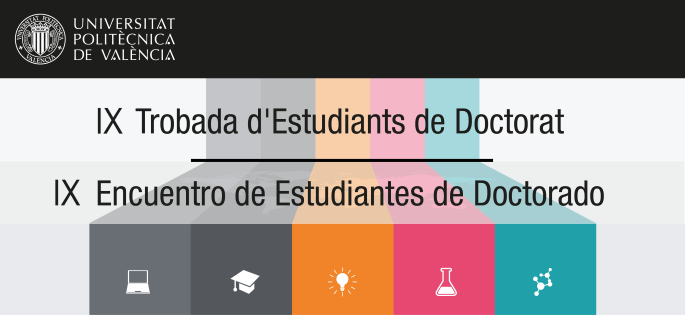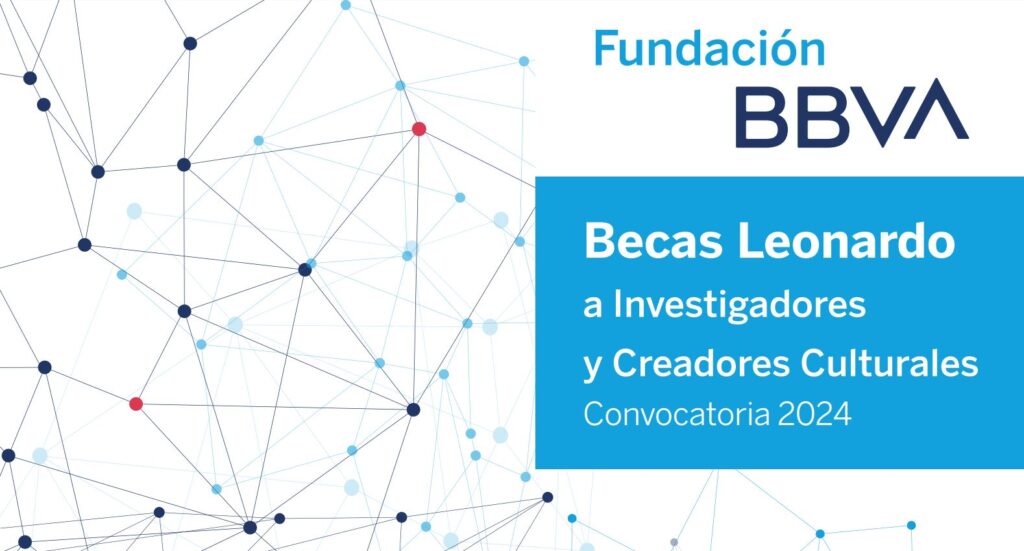El centro en rankings
82%
de los doctores están trabajando al momento de finalizar su tesis
Datos de recién egresados del curso 2020/2021 (T0).
1 / 2
estudiantes de doctorado hacen estancias de investigación fuera de UPV
Datos de tesis defendidas en el curso 2021/2022.
91%
de los egresados elegirían UPV si volvieran a cursar doctorado
Datos de recién egresados del curso 2020/2021 (T0).
100%
de los egresados encontraron trabajo relacionado con su título en un plazo de 6 meses tras terminar
Datos de de egresados del curso 2019/2020 tras 2 años de acabar (T3).

CONSULTA NUESTRA OFERTA DE PROGRAMAS DE DOCTORADO
¡Conoce las novedades del centro!
- TORNEO DE PÁDELTorneo de Pádel para estudiantes de doctorado UPV
- IX Encuentro de Estudiantes de DoctoradoLa Escuela de Doctorado de la Universitat Politècnica de Valencia organiza el próximo 23 de mayo de 2024, el IX Encuentro de Estudiantes de Doctorado… Leer más: IX Encuentro de Estudiantes de Doctorado
- Becas Leonardo a Investigadores y Creadores Culturales Fundación BBVALas Becas Leonardo a Investigadores y Creadores Culturales Fundación BBVA están destinadas a apoyar el desarrollo de proyectos personales de investigadores y creadores culturales en estadios intermedios de… Leer más: Becas Leonardo a Investigadores y Creadores Culturales Fundación BBVA
- Seminario TU Berlin sobre Inteligencia ArtificialEsta actividad se enmarca dentro de los nuevos Programas Erasmus intensivos con docencia híbrida del nuevo programa Erasmus+. Compartir : Compartir Facebook Compartir Twitter… Leer más: Seminario TU Berlin sobre Inteligencia Artificial
- Ciencia Ciudadana: la Transformación Científica a través de la ParticipaciónEl Vicerrectorado de Arte, Ciencia, Tecnología y Sociedad promueve el curso Ciencia Ciudadana: la Transformación Científica a través de la Participación que se impartirá… Leer más: Ciencia Ciudadana: la Transformación Científica a través de la Participación
- Itinerario de formación de SPIN UPV abierto a estudiantes de doctoradoEn esta edición de SPIN UPV, programa promovido desde UPV Innovación para impulsar la creación de empresas spin-offs, el itinerario de formación va a… Leer más: Itinerario de formación de SPIN UPV abierto a estudiantes de doctorado
Agenda de la Escuela de Doctorado
20
Apr
26
Apr
06
May
28
Jun






